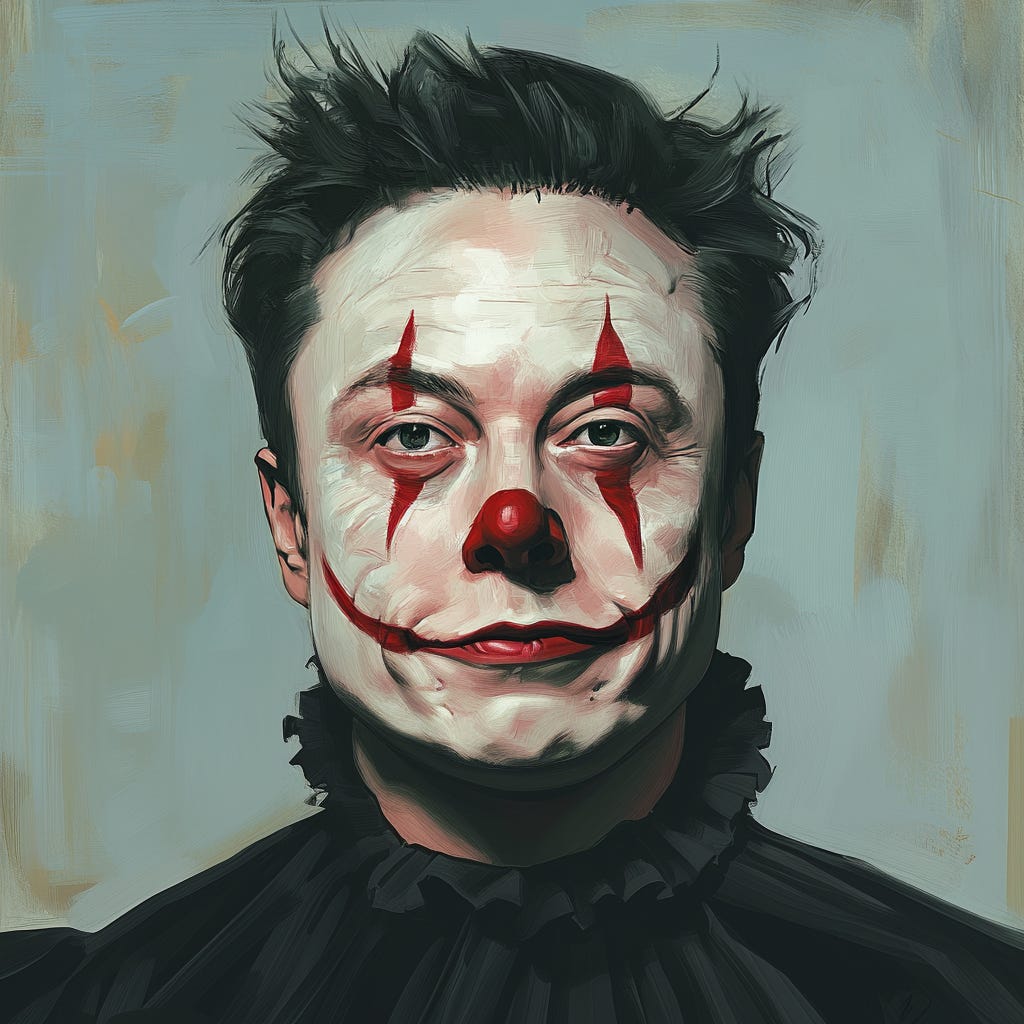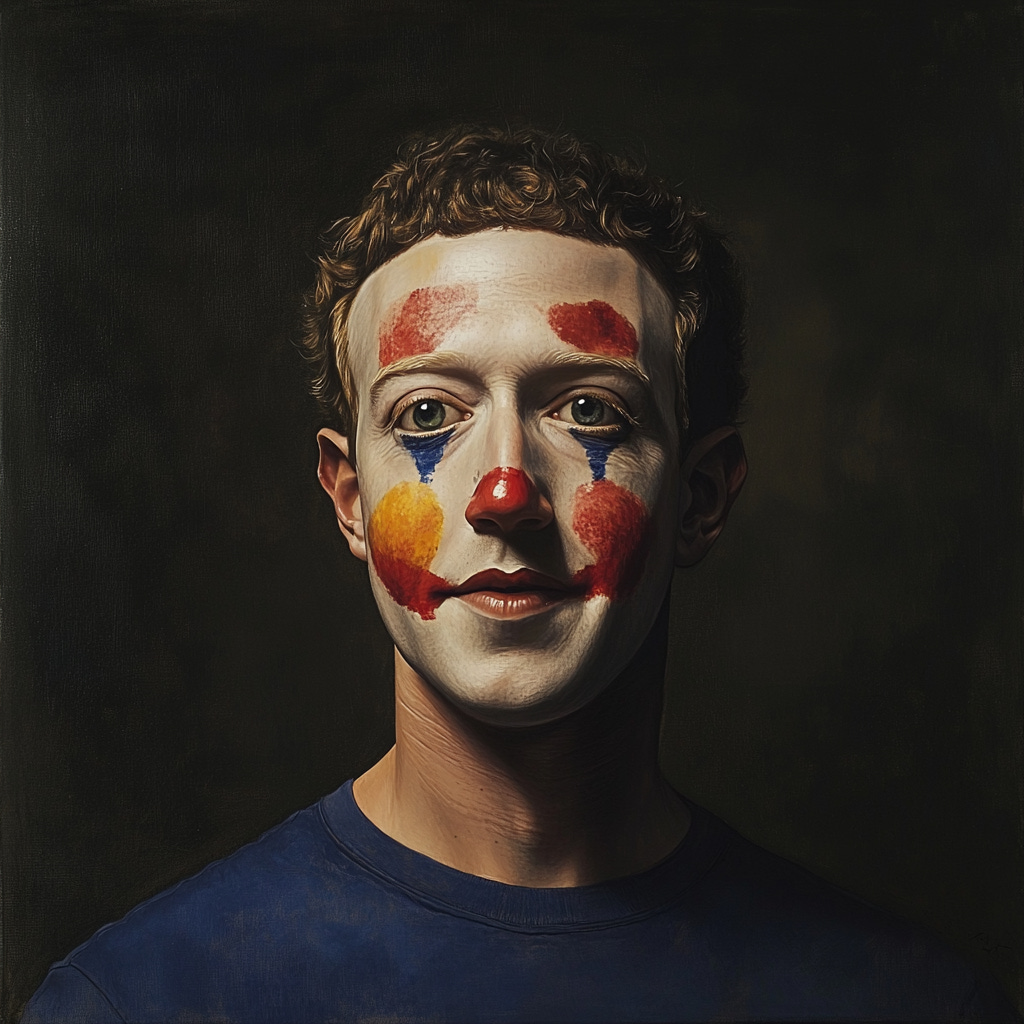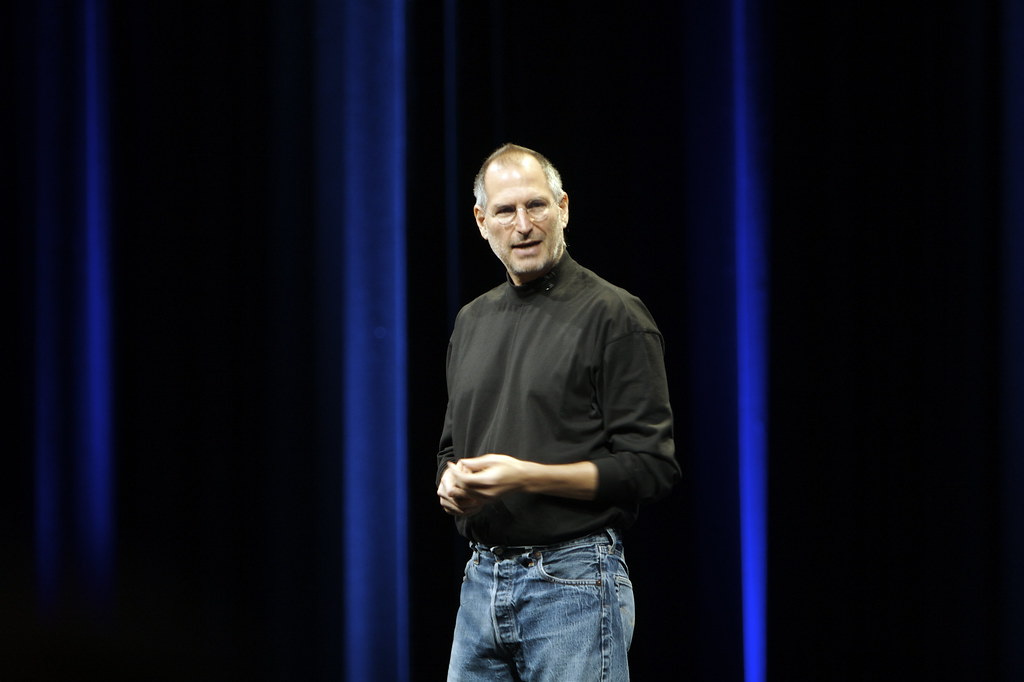The age of tech oligarchs
How billionaire CEOs became our cultural icons
Introduction: The New Titans of Culture
In the past, cultural icons tended to be entertainers, athletes, or activists – figures who captured the public’s imagination on stage, on the field, or in movements. Today, the mantle of icon has increasingly shifted to an unlikely new class: billionaire tech CEOs. Leaders of Silicon Valley companies have moved from the boardroom to center stage in public discourse, often attracting the kind of frenzied media attention and fan devotion once reserved for rockstars or movie legends. This convergence of pop culture and tech culture has been underway for over a decade. As one commentator observed as early as 2009, technology startup founders were becoming “the hottest celebrities in an America starved for sexy success stories,” with figures like Twitter’s creators being treated as “the new rock stars of the early 21st century” and garnering the same obsessive coverage once given to pop icons like Michael Jackson or Elvis. In other words, nerdy innovators have been elevated to the status of pop idols – a profound shift that says much about what our society now values.
What does it reveal about our culture that names like Elon Musk, Mark Zuckerberg, or Jeff Bezos command as much attention as Hollywood A-listers? For one, it reflects an era in which innovation and wealth creation have become glamorized pursuits, even forms of entertainment. The outsized success of tech magnates feeds a public fascination with genius entrepreneurs who seem to shape the future from their keyboards. Their personal narratives - the college dropout turned visionary CEO, the iconoclastic inventor defying industry norms - have become lore in the cultural imagination.
In an age defined by rapid technological change, these individuals stand as emblems of progress and possibility, embodying the “heroic dreams” of our time in much the way celebrities or superstar athletes did for previous generations. At the same time, their ascent as cultural titans exposes how much we equate wealth with status. Societal adulation of billionaire CEOs suggests that extreme success in business - especially in tech - now confers a kind of fame and influence that rivals any other. We have, as professor Scott Galloway puts it, “torn down the old gods and replaced them with an idolatry of innovators,” particularly in the tech sector. This article will critically explore how these tech oligarchs became our era’s cultural icons and what their dominance means for society, identity, and discourse.
From Innovators to Idols: The Evolution of the Tech CEO
Not long ago, the idea of a corporate executive as a mainstream celebrity would have seemed odd. In the 20th century, business leaders were generally known within industry circles, but rarely did CEOs attain household-name recognition or mass adulation. The rise of the tech industry changed that. Visionary founders like Steve Jobs, Bill Gates, Larry Page, and others became the public faces of world-changing companies and, gradually, objects of popular fascination. The transformation from humble innovator to cultural idol can perhaps be traced to Apple’s Steve Jobs - one of the first tech CEOs to be mythologized in real time. Jobs was not only respected as an innovator but eventually revered with an almost spiritual fervor. When he died in 2011, grieving fans around the world turned Apple stores into impromptu memorial shrines festooned with flowers, personal notes, and candlelit vigils.
These were no mere corporate tributes; they had the character of religious observance. Indeed, cultural scholars noted that “Apple is much more than a company and Jobs much more than its founder and CEO.” In what was dubbed a veritable “religion of Apple,” devotees saw Jobs as a charismatic leader - “its charismatic high priest” - and treated Apple products with a near-religious reverence. It was a striking early example of a tech CEO achieving the kind of emotional, personal connection with millions that previously was reserved for spiritual figures or beloved entertainers.
The canonization of tech CEOs accelerated in the 21st century as figures like Mark Zuckerberg and Elon Musk took on celebrity personas. Zuckerberg, who started Facebook from a Harvard dorm, was thrust into the limelight as his platform grew to billions of users. By his mid-twenties he was the subject of a Hollywood film (The Social Network) and graced the covers of magazines. The media portrayed him not just as a successful entrepreneur, but as a symbol of a new era - the genius wunderkind shaping how society communicates.
Elon Musk, meanwhile, has deliberately cultivated his public image to blur the lines between CEO and pop culture personality. As the force behind Tesla’s electric cars and SpaceX’s rockets, Musk gained admiration as a bold innovator; but it’s his larger-than-life persona - amplified by constant Twitter (now X) engagement, internet memes, and headline-grabbing stunts, including a viral (and entirely fictional) rumor of a mock MMA showdown against Marck Zuckemberg in Rome’s Colosseum, absurdly likened to the theatrical clashes of Bruce Lee and Chuck Norris - that propelled him to true celebrity status. Musk’s Twitter feed (with over 100 million followers) became a reality show of its own, where he cracks jokes, shares tech aspirations, and spars with critics in full view of an adoring audience.
This direct, unfiltered communication style made him relatable to fans and created an aura that goes far beyond his companies’ products. In effect, social media has served as the new spotlight, transforming CEOs into accessible, influential public figures.
The evolution from innovator to idol also owes much to a society eager for new heroes. Tech CEOs emerged as the protagonists of 21st-century success stories - the embodiments of meritocracy, intelligence, and changing the world. In an economy increasingly driven by technology, many began to see these figures as the ultimate role models. The narrative of the lone genius founder upending industries resonated deeply. Media depictions contributed to the mystique: news coverage often paints top tech entrepreneurs as larger-than-life visionaries, even “superheroes” of ingenuity. As one critic noted, for years the media portrayal of Silicon Valley CEOs bordered on hagiography - “full-on geniuses” lionized for creating life-changing innovations. The result is a “cult of the Silicon Valley genius” that still endures in popular imagination.
Of course, the reality of these individuals’ flaws and the collaborative nature of innovation is more complex, but the image of the heroic tech CEO has firmly taken root. Today, it’s not uncommon to see entrepreneurs featured in glossy magazines, their personal lives and philosophies dissected much like those of movie stars. Tech conferences draw audiences akin to concert crowds, and product launch events (like an Apple keynote or a Tesla “Battery Day”) stream to millions of fans worldwide hanging on the CEO’s every word. In short, the entrepreneur has become a celebrity archetype.
Tech Billionaires and the Reinvention of Power
The cultural elevation of tech CEOs cannot be separated from the real power they wield. Unlike traditional celebrities, these figures do not only influence tastes or trends - they directly shape the platforms and infrastructure of modern life. As their cultural clout has grown, so too has their social and political influence. Today’s billionaire tech founders represent a reinvention of power itself: they are simultaneously private citizens, business moguls, media gatekeepers, and political influencers. The result is an unprecedented concentration of influence in the hands of a few individuals. Tech billionaires such as Bill Gates, Mark Zuckerberg, and Elon Musk are not just among the richest people in history; they also possess exceptional social, cultural, and political power, as economist Daron Acemoglu observes.
This stems partly from how society venerates wealth and innovation, but even more from the concrete fact that many of them control the very communication platforms that now dominate public discourse.
In previous eras, a media baron like William Randolph Hearst could shape information flow, but even the most influential tycoons a century ago did not have real-time control over global platforms connecting billions of people. Today’s tech CEOs do, giving them soft power over society’s narrative that is “almost unparalleled in recent history."
Consider how these platforms function as extensions of their founders’ influence. Zuckerberg’s Meta (Facebook, Instagram, and WhatsApp) mediates social and news content for over three billion users, effectively setting rules for public speech across continents. Musk’s acquisition of Twitter (renamed X) turned him into the custodian of a global public square, with authority to rewrite its policies on whose voices are amplified or silenced. Google’s AI policy shapes the ethical boundaries of emerging technology. The decisions these CEOs make regarding algorithms, moderation, and design have profound societal implications. In this way, tech oligarchs exercise a privatized form of governance over digital spaces. They dictate the narratives we engage with—what news is seen or downplayed, which conversations go viral, which communities thrive or wither.
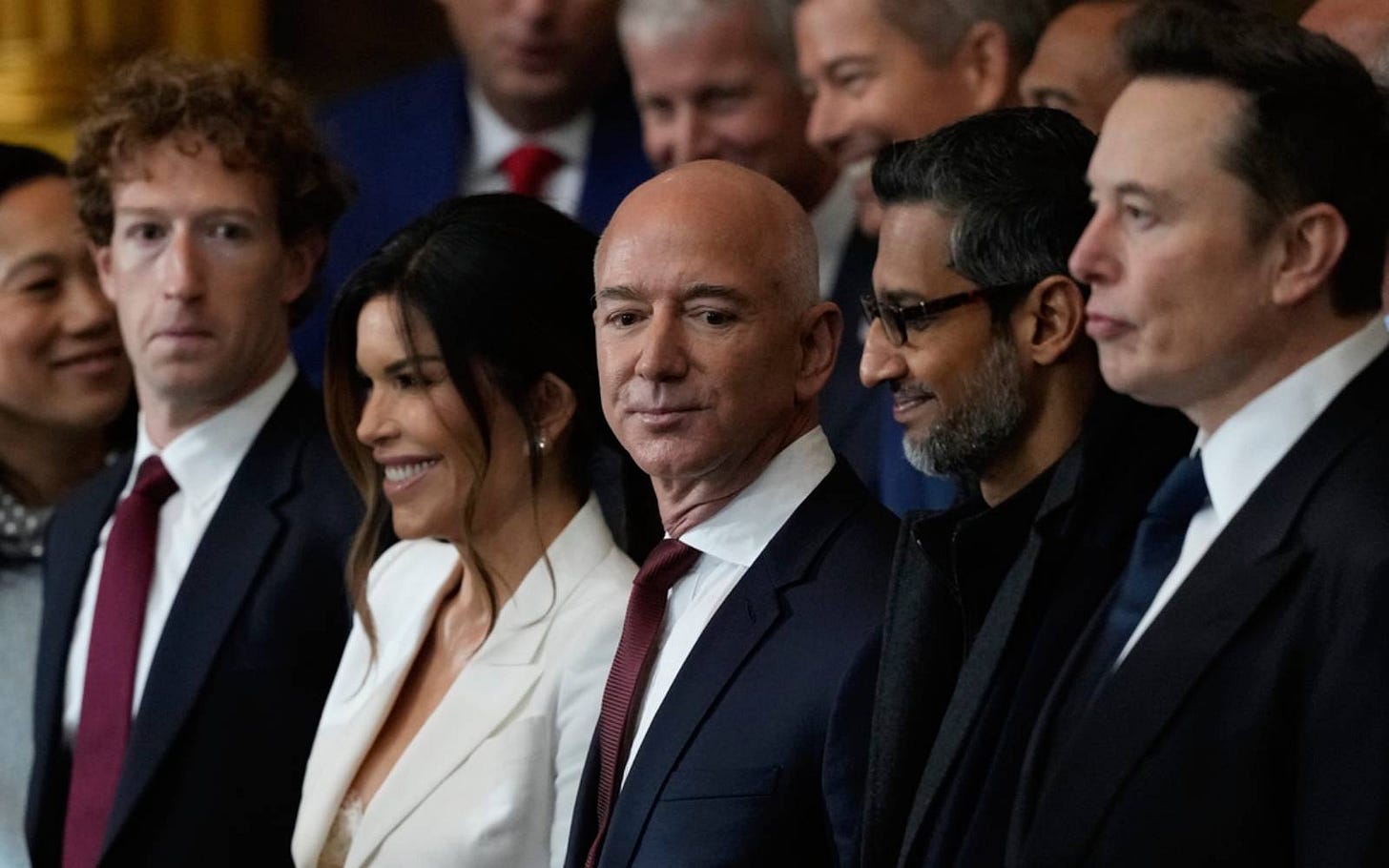
Recent decisions by these CEOs underscore the political implications of their influence. Shortly after Trump's 2024 election victory, Zuckerberg announced a rollback of Meta’s fact-checking policies and a more lenient approach to content moderation under the guise of enhancing free speech. Around the same time, Google announced changes to its AI policy, reducing ethical oversight in favor of accelerated innovation. Musk, aligning closely with Trump, not only advocated for deregulation but also suggested the creation of a “Department of Government Efficiency” - an initiative aimed at dismantling bureaucratic obstacles, signaling a clear stance in favor of rapid deregulation and business autonomy. Musk’s agreement with Marc Andreessen to "Delete" the Consumer Financial Protection Bureau illustrates how these figures are leveraging their platforms to shape national policy.
These moves suggest a coordinated shift in Big Tech's approach to politics. By relaxing content moderation and reducing regulatory checks, these companies are aligning with the broader Trump-era narrative of deregulation and government rollback. This alignment extends their influence beyond business and technology into political and civic life, redefining the boundaries of corporate power.
Such examples reveal tech moguls translating their cultural cachet into direct political clout. By leveraging their massive followings and control of influential platforms, they can rally public support or pressure officials to adopt their preferred policies. It represents a blending of roles - part-celebrity, part-lobbyist, part-kingmaker - that amplifies their power beyond the companies they run.
The ideological influence of these CEOs is also global. Silicon Valley’s leaders often promote particular visions of the future, from libertarian capitalism to techno-utopian ideals. Their words shape global debates, influencing policies and societal expectations. For example, tech billionaires have launched initiatives on education reform, space exploration, pandemic response, and more - sometimes working alongside governments, other times implicitly critiquing government inefficiency. They position themselves as problem-solvers for humanity’s biggest challenges, further burnishing their heroic image.
However, this influence raises critical concerns about accountability. When a single private individual can sway public opinion on climate policy via a tweetstorm, or decide whether a world leader’s account remains online, it underscores the privatization of civic power. Today’s tech oligarchs don’t just dominate industries—they dominate information and attention. Their cultural icon status is intertwined with their influence: people listen to them not only because they’re famous, but because they control infrastructures upon which modern societies depend. It is a feedback loop of fame and power.
This dynamic prompts a crucial question: How comfortable should we be with our cultural icons doubling as unaccountable power brokers?
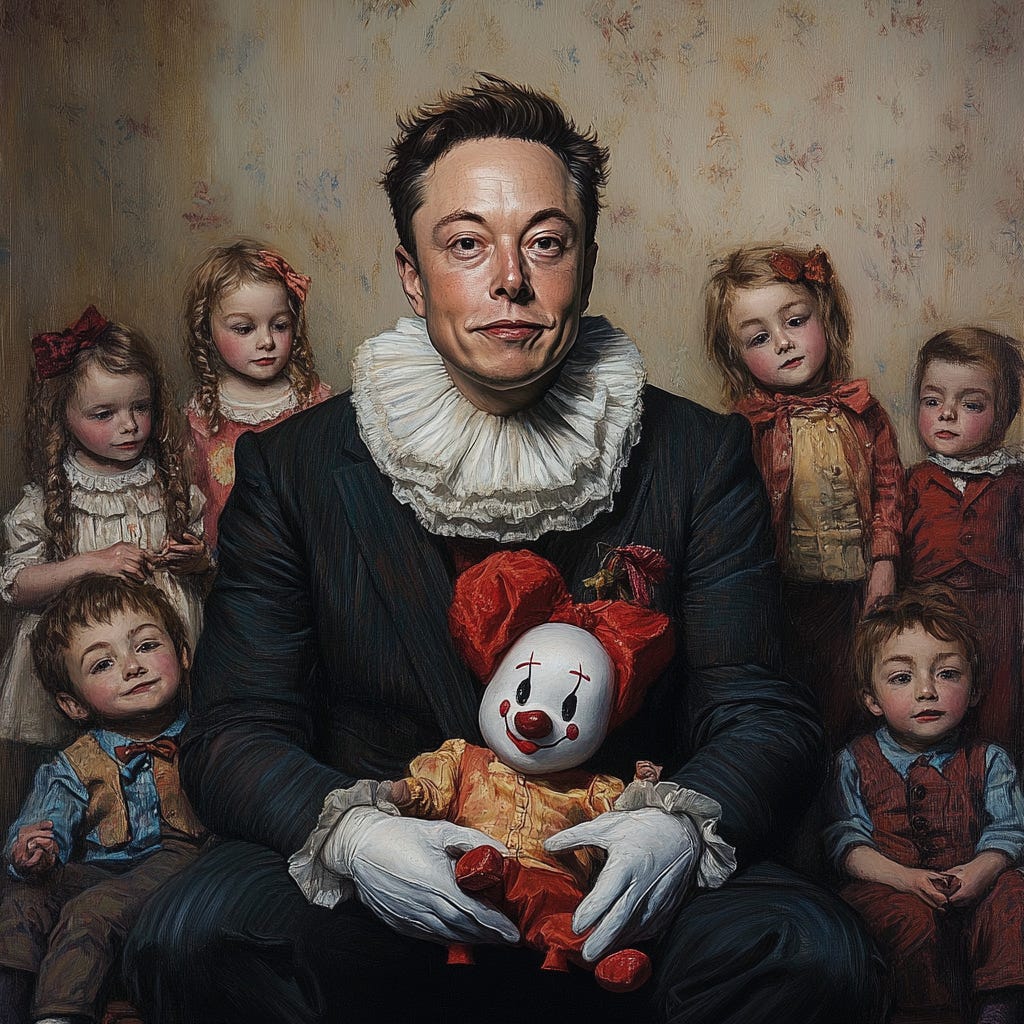
Algorithmic Influence: The Cult of Personality in the Digital Age
The digital platforms that enabled tech CEOs to rise to fame have also turbocharged their cults of personality. In the age of social media, influence is a quantifiable currency – followers, likes, shares – and many tech billionaires sit at the epicenter of enormous online fan ecosystems. Social media algorithms, in particular, have amplified these figures’ voices far beyond what traditional media could.
When Elon Musk tweets, for example, his posts don’t just reach his tens of millions of followers; thanks to engagement-driven algorithms, his pronouncements often rocket to the top of trending feeds, get embedded in news articles, and echo across platforms, reaching people who don’t even actively follow him. The algorithmic logic of maximizing engagement tends to favor content that sparks strong reactions – and tech luminaries often oblige with provocative ideas or polarizing statements.
This creates a feedback loop: the more attention a billionaire CEO’s online musings garner, the more prominently the algorithms will display them, resulting in even greater reach and influence. In Musk’s case, this phenomenon became so exaggerated that it reportedly prompted internal changes at Twitter. In early 2023, after Musk complained about his tweets not getting enough views, engineers tweaked Twitter’s recommendation algorithm to boost Musk’s tweets by a factor of 1,000, effectively “bottle-feeding” his content to users’ feeds en masse. For a brief time, millions of users saw Musk’s tweets prioritized above almost anything else – a literal algorithmic amplification of one man’s voice. (The boost was later dialed back after public outcry.) The episode was an extreme illustration of how the owners of digital platforms can manipulate algorithms to exalt certain personalities. But even in more ordinary cases, the design of social media has fostered quasi-celebrity cults around these tech figures, as their posts reliably rise to the top and dominate conversations.
Beyond the technical mechanics, the cult of personality around tech CEOs thrives on the direct access and parasocial relationships that social media affords. Fans can interact (or at least feel like they’re interacting) with their tech idols in real time – replying to Musk’s jokes, commenting on Zuckerberg’s Facebook posts, or watching YouTube videos of Jeff Bezos demonstrating a new gadget. This interactive fandom often resembles that of pop culture celebrities, complete with fan armies that mobilize to champion their hero’s cause or clap back at critics.
Elon Musk’s followers, for instance, are known for their intense loyalty – they’ll swarm to defend him during controversies, amplify his achievements, and even organize grassroots campaigns supportive of his ventures. At Tesla’s 2024 shareholder meeting, the atmosphere was more akin to a rock concert or political rally than a corporate gathering: fans in branded T-shirts cheered loudly and praised Musk’s historic impact, a “cultlike following… on full display” as one outlet described. Musk playfully responded to the adulation with “Hot damn, I love you guys,” further feeding the sense of camaraderie between CEO and supporters.
However, the cult of the tech CEO is not without its critics and consequences. Detractors argue that these cults of personality can distort public discourse and decision-making. When legions of fans treat a billionaire’s words as gospel, it becomes difficult to have nuanced debates about the industries they dominate. Dissenting voices may be drowned out by pile-ons, and critical scrutiny can be deflected by the sheer force of the idol’s popularity. We’ve seen instances where praise for the tech “genius” crossed into outright credulity - for example, the hype around certain CEOs has led investors and the public to overlook warning signs (as in the case of Theranos’ Elizabeth Holmes or WeWork’s Adam Neumann, who also enjoyed fawning coverage until their companies’ troubles came to light).
While those cases ended in comeuppance, the biggest tech icons have so far maintained an almost Teflon-like status among their devotees. The danger is that a cult of personality can insulate leaders from feedback and foster hubris. Elon Musk’s own journey with X/Twitter has highlighted this risk: his massive fan support emboldened him to make sweeping changes, some of which backfired or sparked backlash from other segments of the public. The algorithms don’t discriminate between positive and negative fame either – they simply amplify engagement. This means that even controversy (which Musk often courts) feeds the cycle of visibility, keeping the CEO at the center of attention regardless.
As a result, we sometimes find ourselves in absurd situations where the personal antics of a tech billionaire – a cryptic tweet, a public feud, an offhand remark moving cryptocurrency markets – dominate news cycles. It’s a reminder that in the digital age, fame itself can become a form of power, one that tech CEOs wield alongside their formal authority. Their cultural icon status is continually reinforced by the very platforms they created, forming a self-perpetuating cult of personality that can be as influential as any policy or product they deliver.
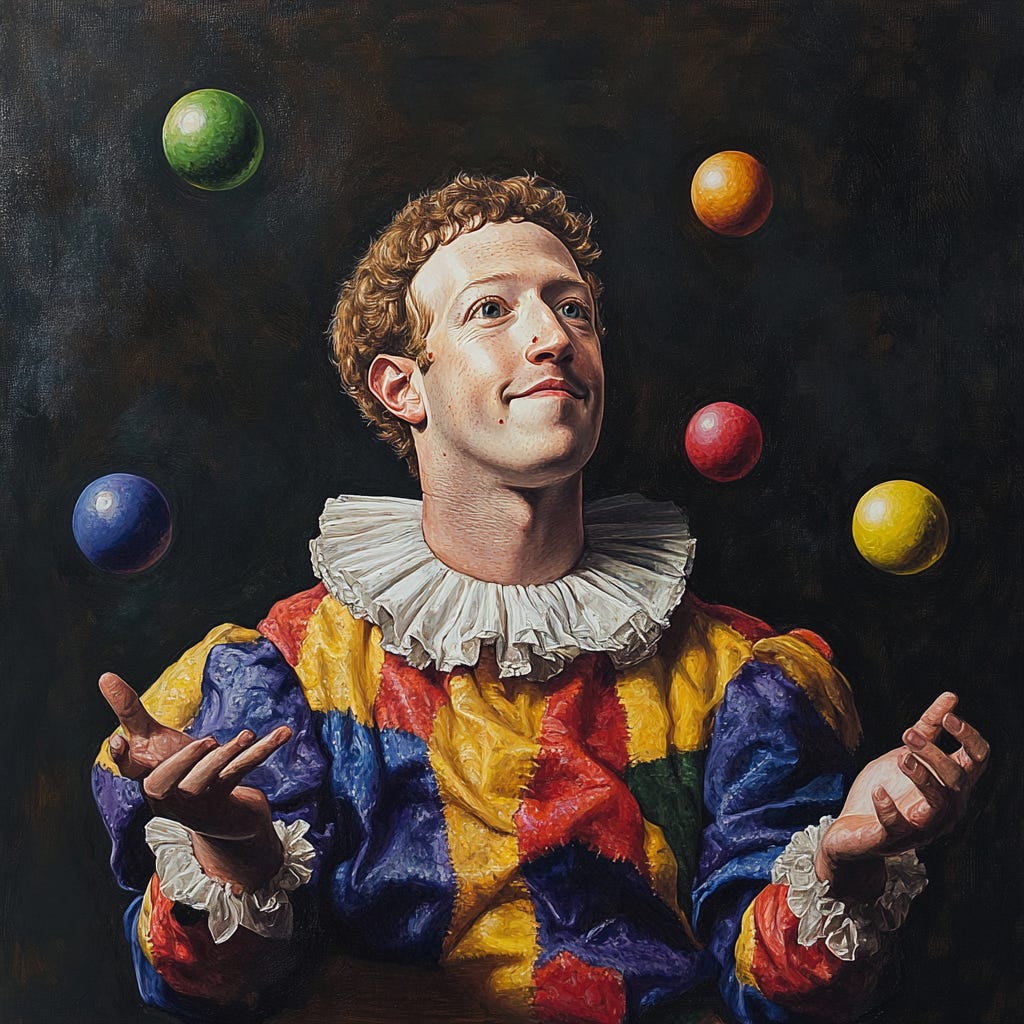
Conclusion: What Kind of Culture Are We Creating?
The rise of billionaire tech CEOs as our era’s cultural icons is a phenomenon that invites both wonder and apprehension. On one level, it reflects the triumph of innovation – we celebrate these individuals because they have changed the world in tangible ways and unlocked possibilities that dazzle the imagination. The enthusiasm and hope invested in figures like Musk, Zuckerberg, or their peers speak to a fundamentally optimistic belief in human ingenuity. But on another level, our near-worship of tech titans should give us pause. It signals a cultural shift in where we place our trust and admiration: away from traditional bastions of wisdom or creativity and toward concentrations of wealth and technological power.
By idolizing these CEOs, we may be implicitly endorsing the idea that private ambition and market success are the highest measures of value. Is that the culture we want to create – one that reflexively equates wealth with virtue, innovation with moral authority? As this analysis has shown, the influence of tech oligarchs now runs so deep that it touches every aspect of society from politics to personal identity. They inspire us, yes, but they also shape us, intentionally or not, through the tools we use and the content we consume.
It’s worth remembering that cultural idols both reflect and inform our collective ideals. Whom we anoint as heroes says a great deal about what we prize as a civilization. The current veneration of tech CEOs suggests we prize disruption, intelligence, and success – all positive in moderation. Yet, when taken to the extreme of idolatry, these can crowd out other virtues like collaboration, empathy, equity, or artistic expression.
A healthy culture likely needs a pantheon of role models, not a single category of demigods. As we stand in this new gilded age of influence, perhaps the task is to remain clear-eyed about our tech icons. We can admire their achievements and learn from their vision without surrendering our critical faculties or our agency. That means celebrating innovation while also holding its leaders accountable, and being cautious not to let their narratives eclipse all others. It means asking hard questions, such as: At what point does inspiration turn into blind fandom? How do we balance our appreciation for what these billionaires have built with vigilance against the undue sway they might hold?
In the end, cultures are not static – they evolve. The tech moguls of today will someday give way to new figures or movements that capture the public’s imagination. Whether the era of the tech CEO as icon is a permanent realignment or a chapter in a longer story will depend on how we respond now. If we navigate this period thoughtfully, we might harness the positive energy of having visionary leaders in the limelight while curbing the excesses of cults of personality. If we do not, we could find ourselves in a society where critical discourse diminishes and a handful of powerful individuals set the agenda in ways that serve them more than the common good. The age of tech oligarchs is here; what remains to be seen is whether it becomes a golden epoch of progress guided by wise influence, or a cautionary tale of cultural capture. The choice, to a surprising extent, lies with us - in who we choose to lionize, in the stories we elevate, and in the values we collectively uphold beyond the glow of superstar CEOs. In questioning our newfound idols, we begin to define the kind of culture we truly want to create.



